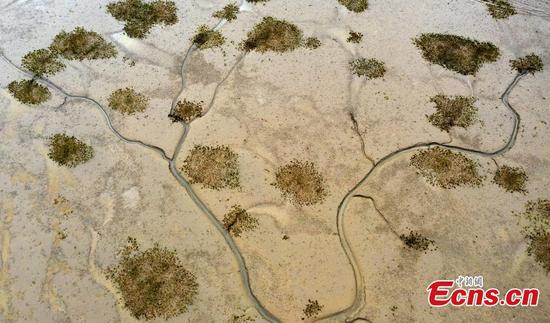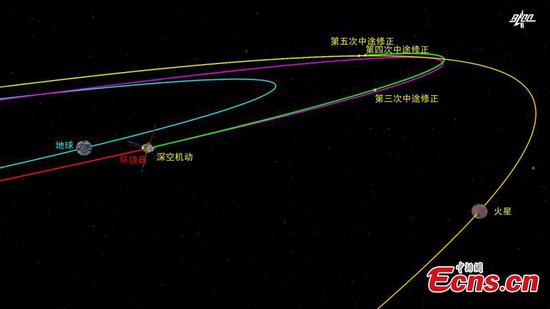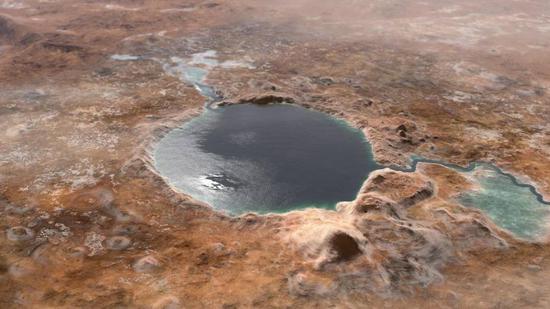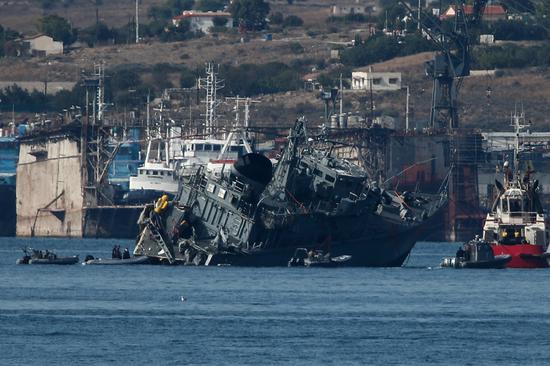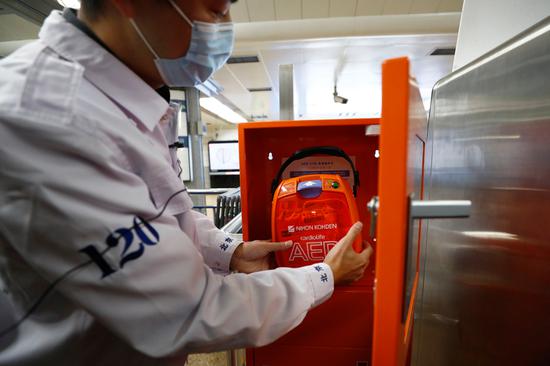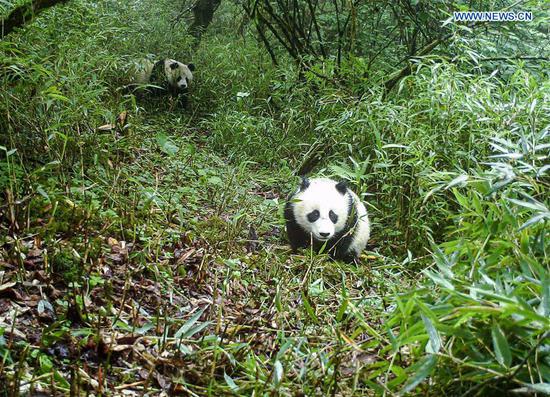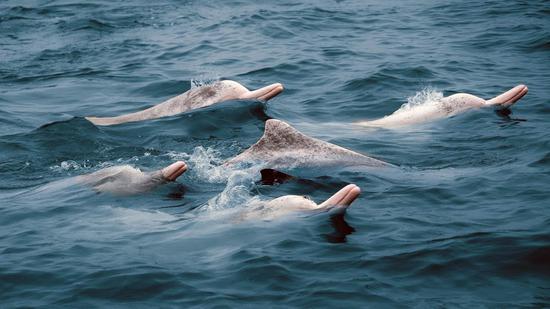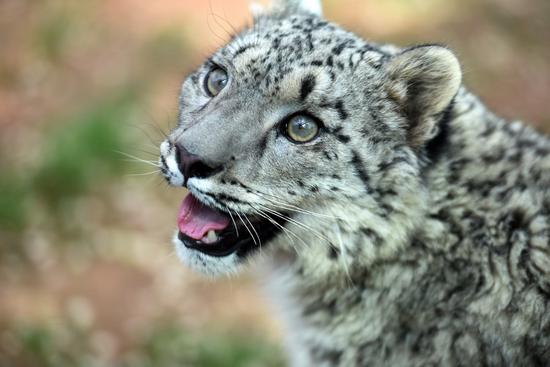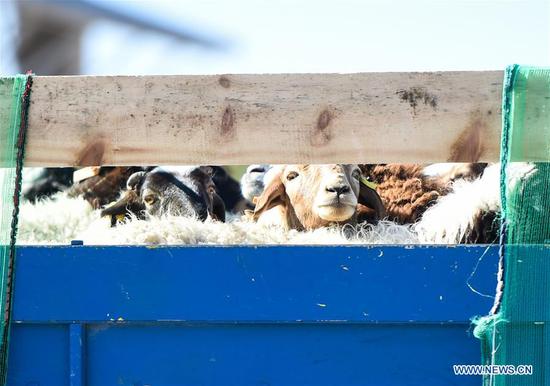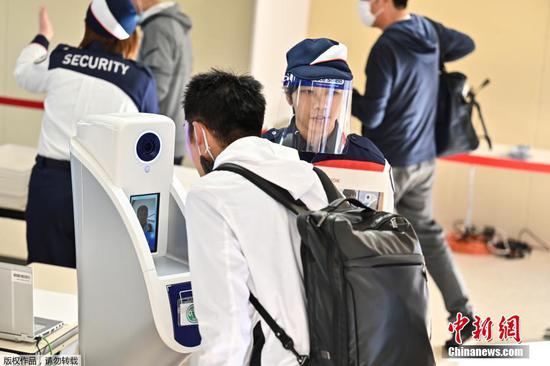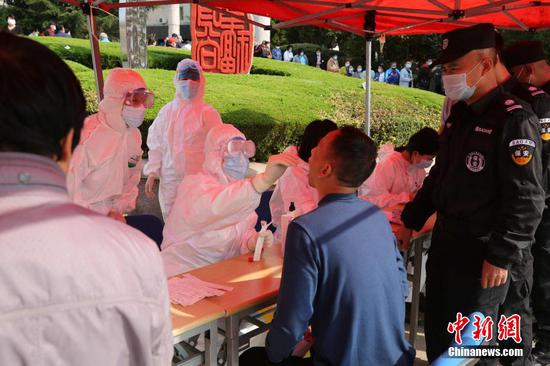The World Health Organization (WHO) Emergency Committee on COVID-19, after a two-day meeting, unanimously agreed on Friday that the pandemic still constituted a public health emergency of international concern.
The meeting was convened by WHO Director-General Tedros Adhanom Ghebreyesus under the International Health Regulations to review the pandemic situation and progress made on the temporary recommendations.
The pandemic continued to require a coordinated international response, according to the committee.
provided concrete and targeted advice for WHO and countries to focus on in the coming months, including evidence-informed, risk-based and coherent measures in relation to international traffic, surveillance and contact tracing efforts, maintaining essential health services including mental health services and preparing plans for future COVID-19 vaccines.
The committee also urged countries to avoid politicization of the pandemic response, which is seen as a major detriment to global efforts. "Governments should focus on tackling the virus and avoid politicization," said Tedros at a press briefing after the meeting.
He called on countries to keep investing in the health system and workforce, and improving testing, tracing and treatment of all cases.
Meanwhile, Tedros announced that a group of international experts had their first virtual meeting with their Chinese counterparts, as part of the future WHO-led international mission to China to identify the zoonotic origin of COVID-19.
According to Mike Ryan, executive director of the WHO's Health Emergencies Program, that virtual meeting helps the international team of experts and their Chinese colleagues to familiarize with each other and exchange information on what has been achieved so far in identifying the animal source of COVID-19.
He emphasized that scientists need best answers to the origin, "not just any answer that satisfies political needs of speed and investigation," suggesting that finding the animal source of COVID-19 may take quite a while just as previous investigations regarding the animal sources of MERS and SARS.











